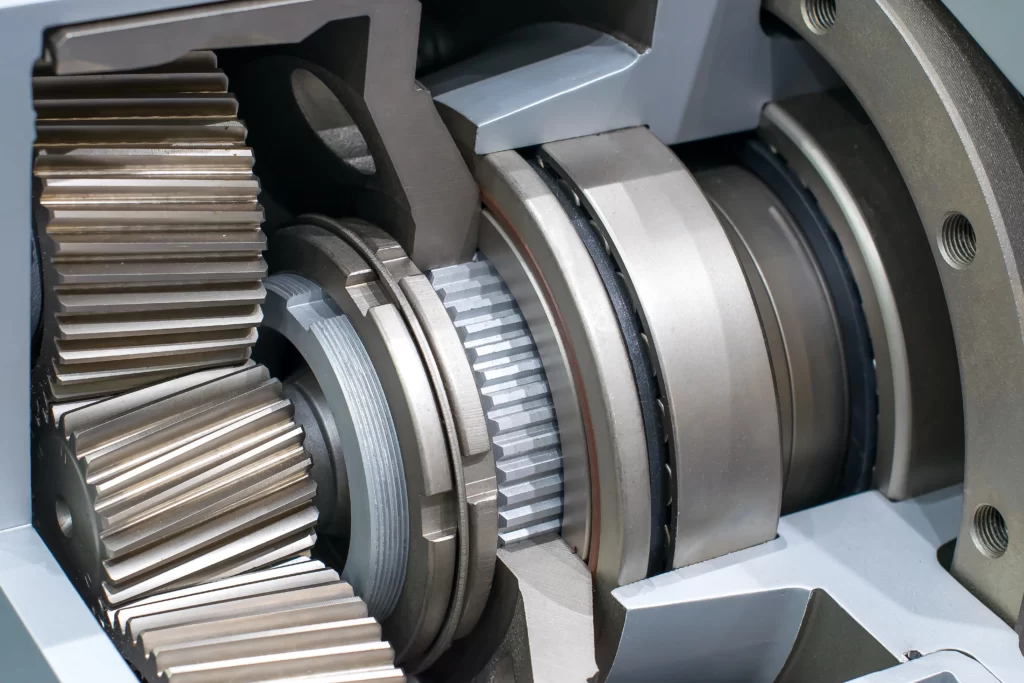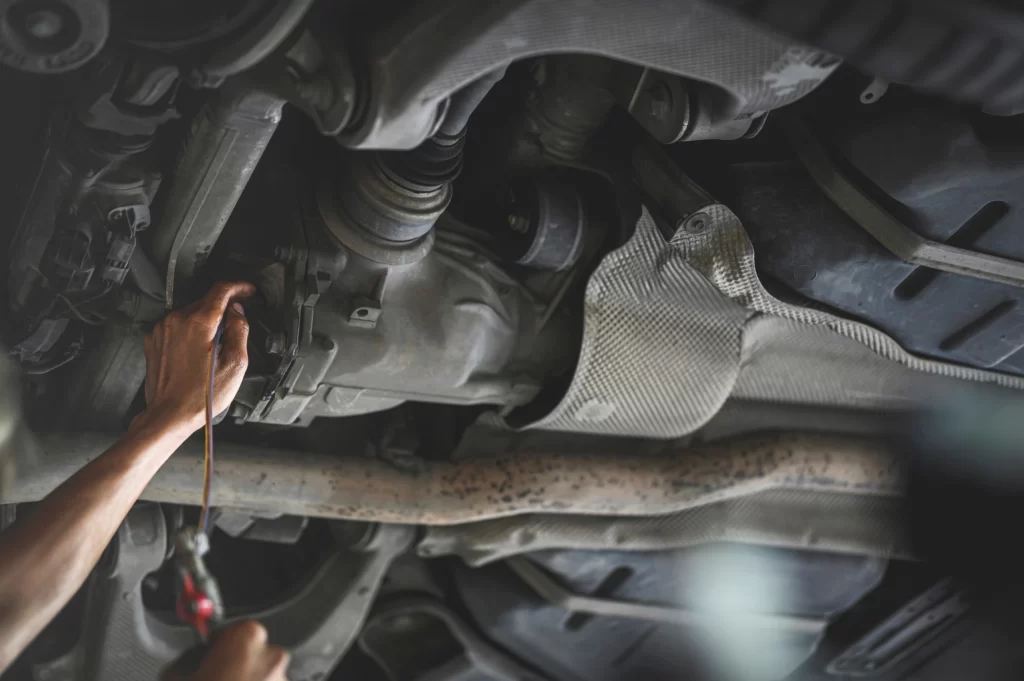Your vehicle contains several crucial components that often go unnoticed until they malfunction, and one of these vital parts is the rear differential. When your rear differential starts causing issues, it becomes hard to ignore. This article aims to shed light on the rear differential, its function, maintenance requirements, and the choices available for rectifying problems.
Understanding the Rear Differential
In simple terms, the rear differential enables two tires to rotate in the same direction while moving at varying speeds. It distributes torque equally to each wheel, allowing them to handle resistance and maintain traction independently. Whether your vehicle is equipped with front or rear differentials, or both, its proper functioning is essential.
There are three main types of differentials:
Open Differential: Commonly found in various vehicles, it lacks slip control, making it unsuitable for off-road and high-performance vehicles.
Limited-Slip Differential: Similar to the open differential but includes an integrated clutch system for locking axles when traction is compromised, making it ideal for sport utility vehicles and high-performance cars.
Torque-Vectoring Differential: The latest advancement in differential technology, it uses sensors to adjust its operation based on steering input, engine conditions, and road surface, enhancing vehicle performance, traction, and safety.
Recognizing Symptoms of a Faulty Rear Differential

Regular maintenance is crucial for rear differentials as they consist of internal gears and bearings lubricated by specialized oil. Neglecting differential fluid changes can lead to permanent damage, impacting not only the differential but also the transmission. Signs of a failing rear differential include:
- Whirring noise during deceleration
- Whining or howling sounds while accelerating
- Rumbling or whirring at speeds over 20 MPH that change when turning
- Clunking noise when starting to move the vehicle
- Steady vibration increasing with speed
- Leaks near axle or pinion seals
It is crucial to address these symptoms promptly to prevent further damage or loss of control while driving.
Types of Rear Differential Repairs
Rear differential repairs vary depending on the issue and the specific components involved. Costs encompass parts replacement, labor, and diagnostics. Common repair types include:
Repairs for Oil Leaks:
- Gasket Replacement: Involves removing the cover, cleaning, and replacing the deteriorated gasket.
- Pinion Seal Replacement: Requires removing the yoke in front of the driveshaft and carefully driving in the new seal.
- Side Seal Replacement: Demands complete axle assembly removal to replace worn-out seals.
Non-Leak Repairs:

Bearing Replacement: Addresses side and pinion bearings that deteriorate over time, leading to noises and vibrations.
Gear Replacement: Necessary when differential gears have chipped or worn teeth, which can be a costly repair.
Complete Replacement: Required when gears are beyond repair, involving the replacement of the entire differential housing, gears, bearings, seals, and fluids.
Costs for rear differential repairs typically range from $200 to $400 for standard repairs like bearing, seals, and fluid changes. Gear replacement can increase costs to a minimum of $1,500. Complete replacement with new parts can reach up to $4,000, but consider the option of a used rear differential assembly, which may cost less and still be under warranty.
Choosing Between Replacement and Repair
The decision to replace or repair your rear differential depends on your budget, recommendations from your mechanic, and the severity of the issue. While a simple repair can keep your vehicle on the road, a total replacement can be a substantial financial investment.
Consider your vehicle’s resale value, as certain upgrades can enhance it. However, weigh the costs and potential decrease in resale value against the benefits. Additionally, severe differential damage can lead to further damage to connected components, such as the transmission, driveshaft, and axles, resulting in even more expensive repairs.
Maintaining and addressing issues with your rear differential is essential for safe and efficient vehicle operation. If you are in the Maryville, IL area, contact Marshall’s Transmission today to schedule a repair to ensure your vehicle is in top condition.